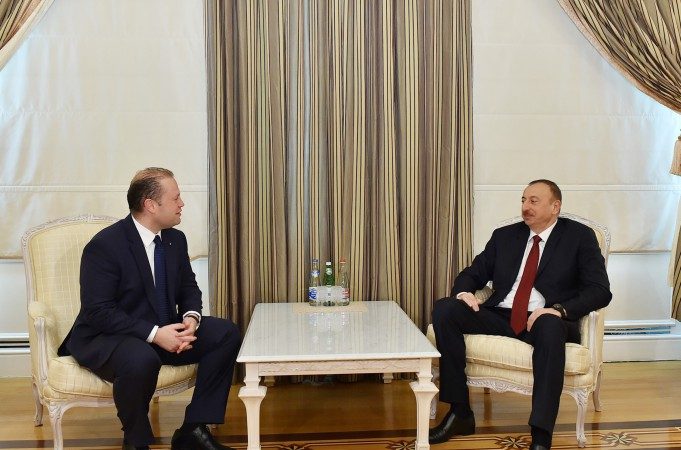Forbes, one of the world’s leading business magazines, has published a story on corruption and money laundering in Azerbaijan while making several references to Malta’s complicity in its dodgy dealings.
Two days later, an in-depth analysis of Azeri links to widespread money laundering, corruption, and bribery throughout Europe – again partly facilitated by Malta and Pilatus bank – appeared in Italian business newspaper Il Sole 24 Ore.
The Italian media linked Azeri owned, Scottish company Hilux Services to an account at Pilatus Bank that prosecutors now believe was a part of a larger network of banks that was used to launder large sums of illicit funds.
The so-called ‘Azerbaijani Laundromat’ was found to be funnelling up to €3 billion of Azeri money into Europe which was then used to bribe politicians, falsify positive PR, pay off institutions, and purchase luxury properties.
The matter is now being investigated further by prosecutors in Milan who are looking into Danske Bank and a wider network of complicit banks and institutions including the disgraced Latvian Bank ABLV.
Interestingly, this is the same bank that was alleged to have made money transfers to 17 Black – a shell company owned by Yorgen Fenech, owner of Tumas Group and a part of the Electrogas Consortium along with Azeri state-owned energy company, SOCAR.
With each story that is published, it becomes more and more clear that the work of foreign investigators is overlapping with the investigative work that journalist Daphne Caruana Galizia was doing at the time of her murder in October 2017.
Caruana Galizia’s investigations unearthed a web of shady dealings including around 50 accounts owned by a number of high-ranking Azeri’s that she claimed were processing corrupt transactions through the bank. She also found that its two largest clients were Azeri PEPs (politically exposed persons), and that Keith Schembri, the Prime Minister Joseph Muscats Chief of Staff, also held an account there.
Reports on the banks conduct and suspicions around its clientele and practices were sent to the FIAU yet the Maltese authorities gave the bank a clean bill of health. In fact, action was only taken against the bank after its Chairman, Ali Sadr Hasheminejad was arrested in the US and is facing a sentence of up to 125 years in prison for evading US sanctions.
This fact seems to form a part of a pattern that the Maltese authorities, despite being warned about Pilatus Bank from numerous sources inside the country, only take action once a foreign jurisdiction or authority leaves them no choice but to do so. The same could be said regarding the latest investigations in the international press that confirm Caruana Galizia’s reports that Malta is being used as a laundromat for rich, corrupt, and often politically connected individuals.
Every single reportage on Azeri corruption and money laundering, also includes several mentions of Malta’s complicity in the matter, made even more shameful by the fact that journalists and foreign prosecutors are doing a better job of untangling the mess than the Maltese authorities who knew of the situation were able to do.
Whilst Pilatus may be gone and its license has been revoked, the countries legacy of money laundering remains. The OCCRP recently referred to Malta and its iGaming industry as the “ATM for the Italian Mafia” and many international agencies from the EU to EUROPOL have warned against the risks associated with it becoming the “Blockchain Island”, yet the authorities continue to push the agenda undeterred.
Despite more and more reports on the illegal behaviour of Azerbaijan surfacing every day, Malta continues to enjoy an increasingly cosy relationship with the state, with Azeri oligarchs even referring to it as one of the “provinces” of Azerbaijan. As the story of money laundering, bribery and corruption continues to unravel one article at a time with increasing frequency, one has to wonder what other parts Malta has had to play in this story of international crime and illicit dealings.












